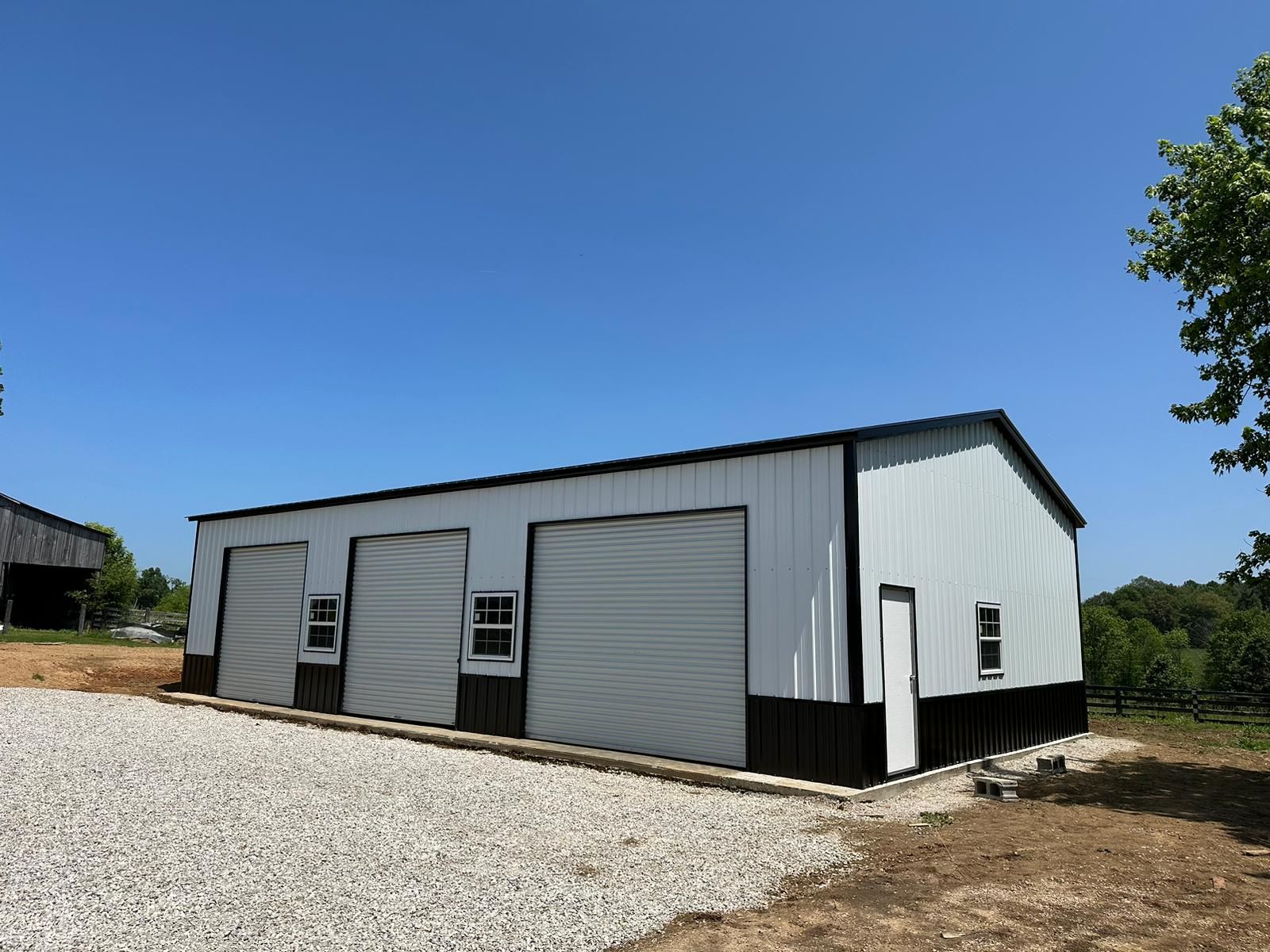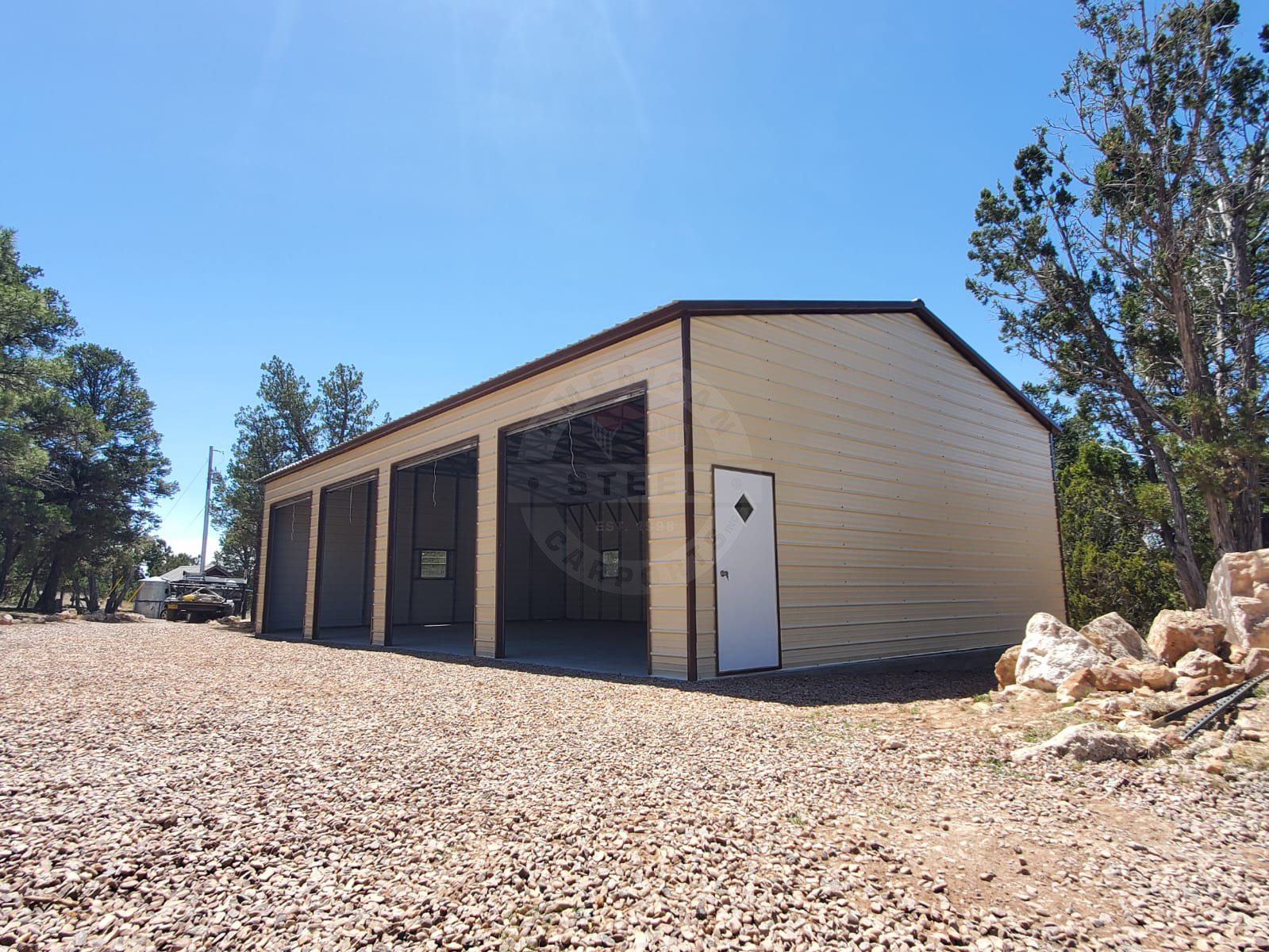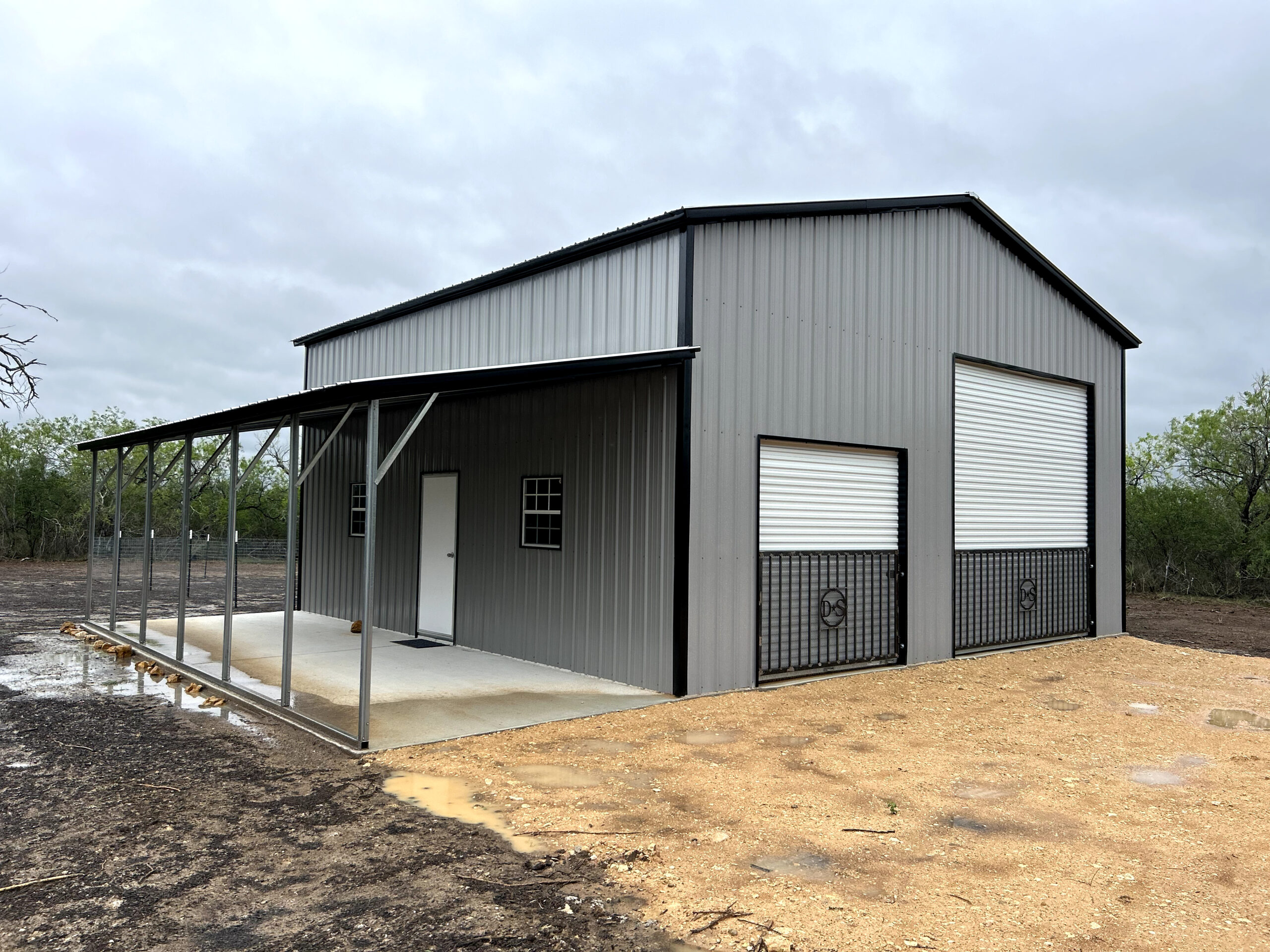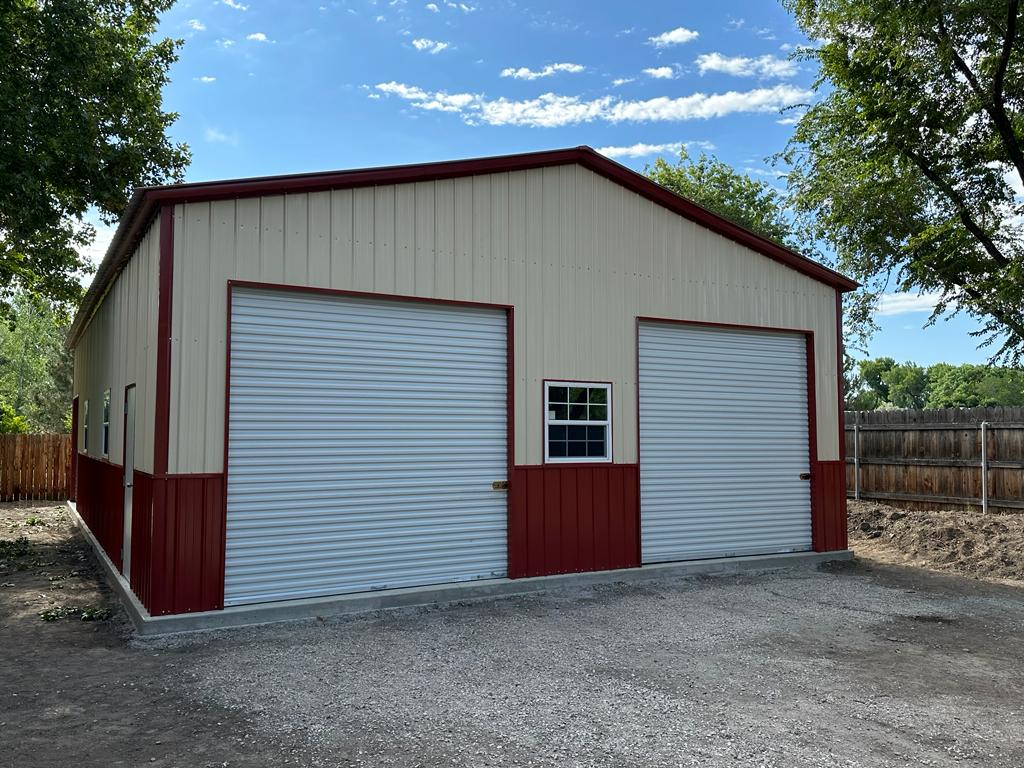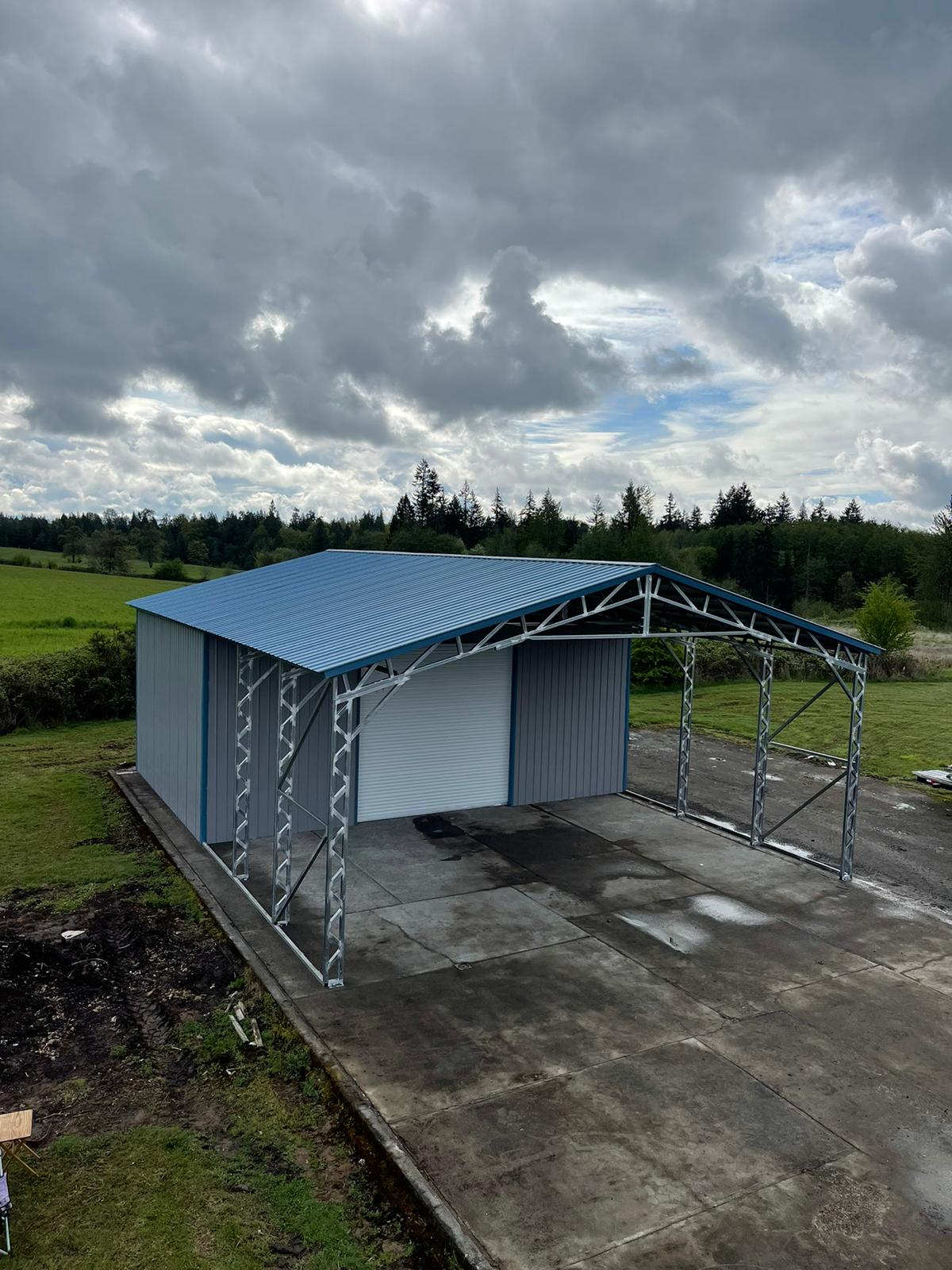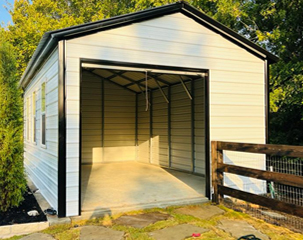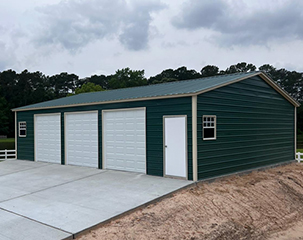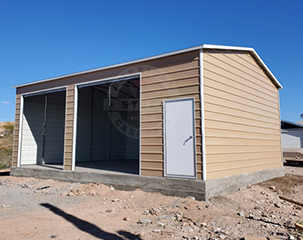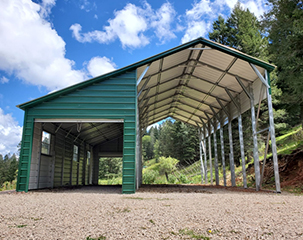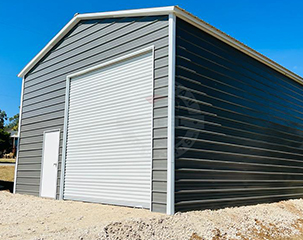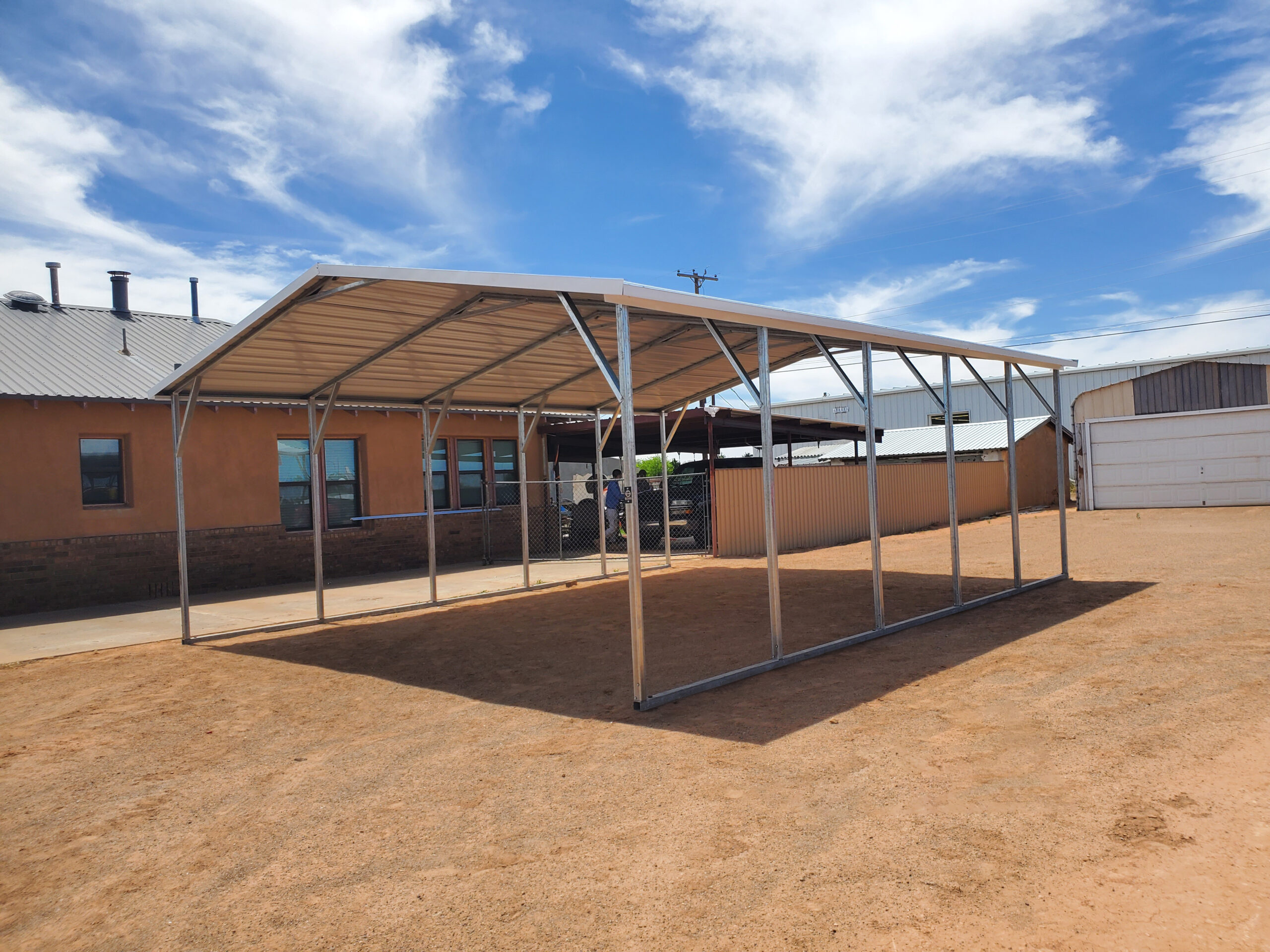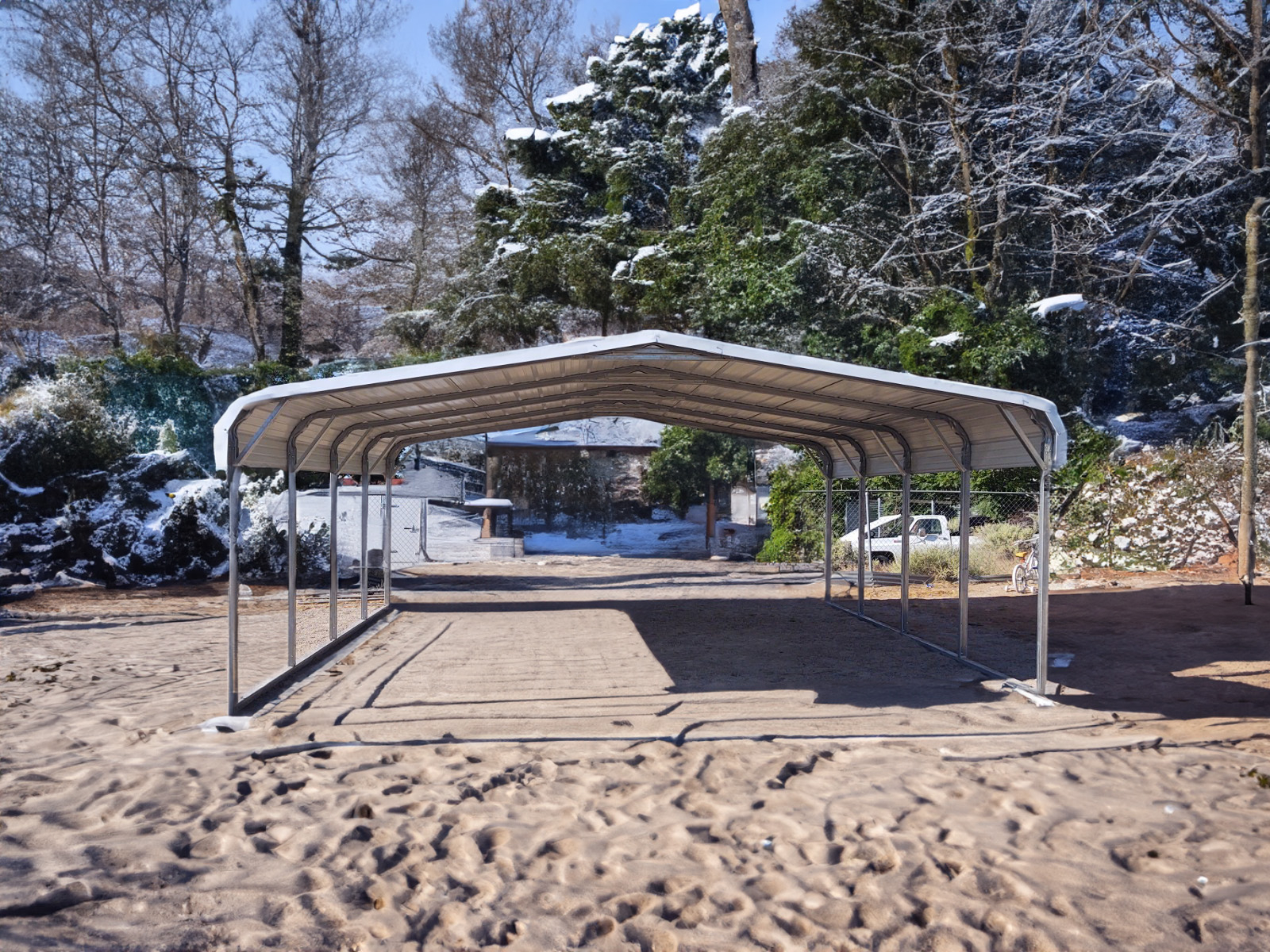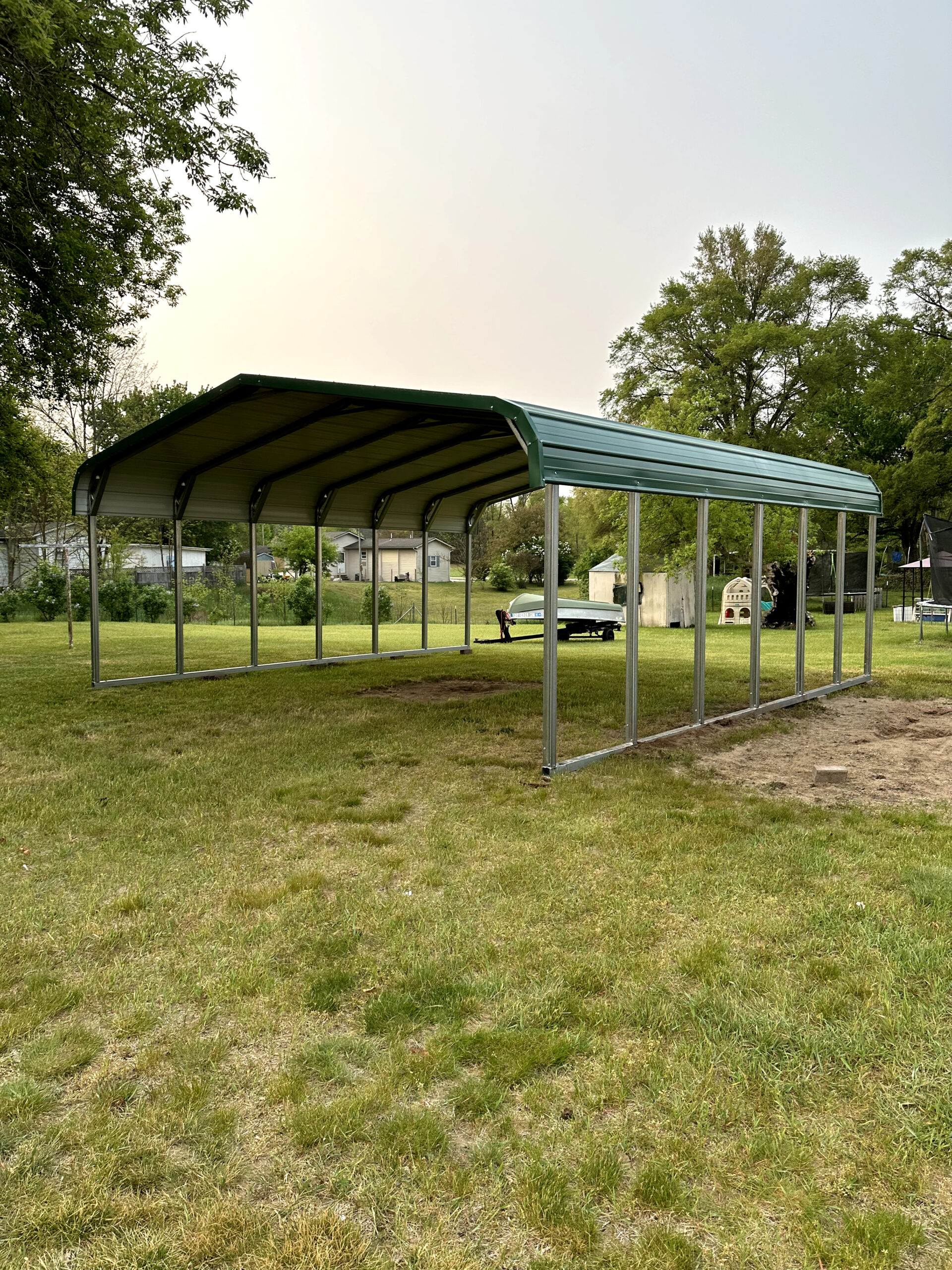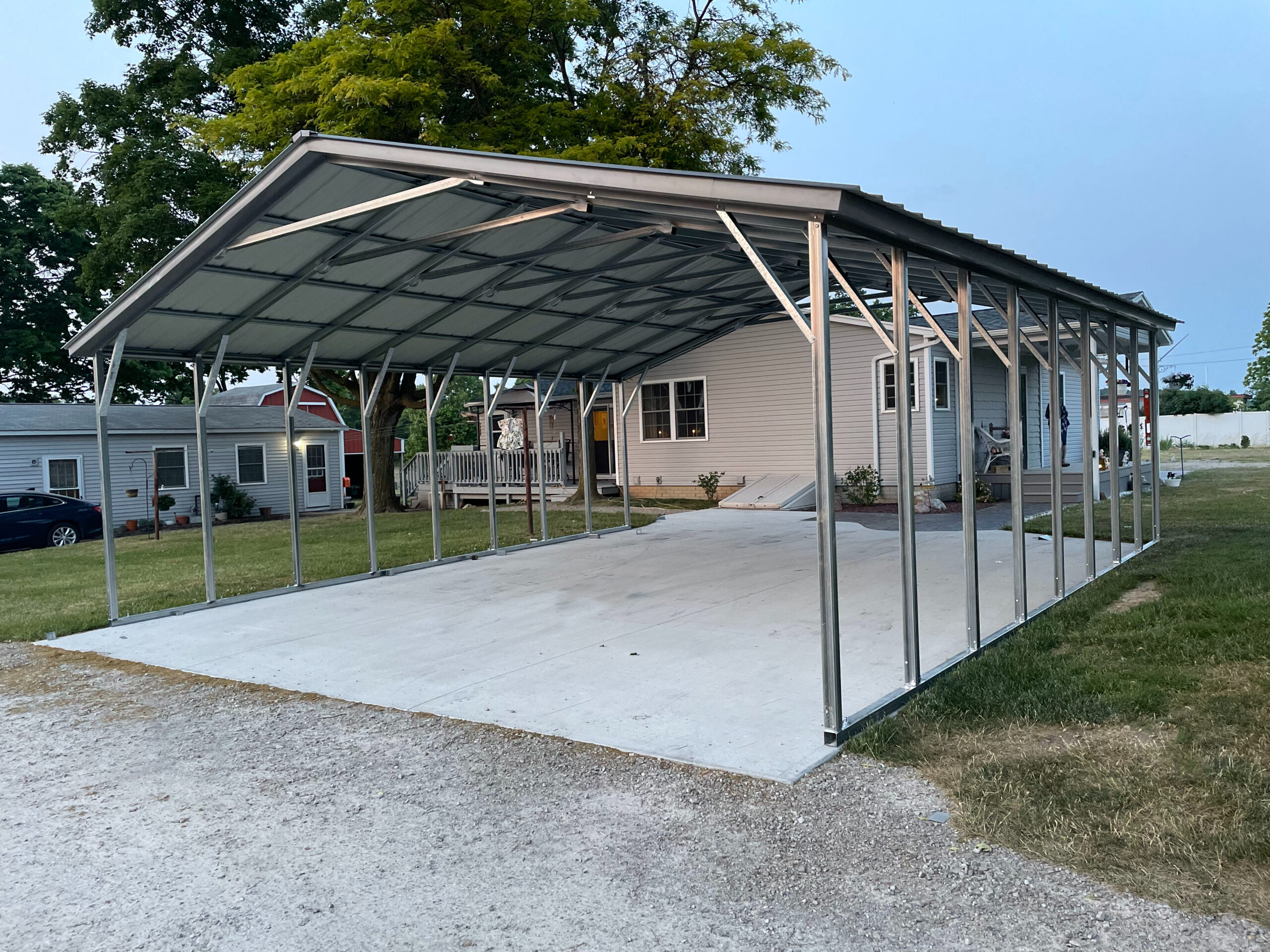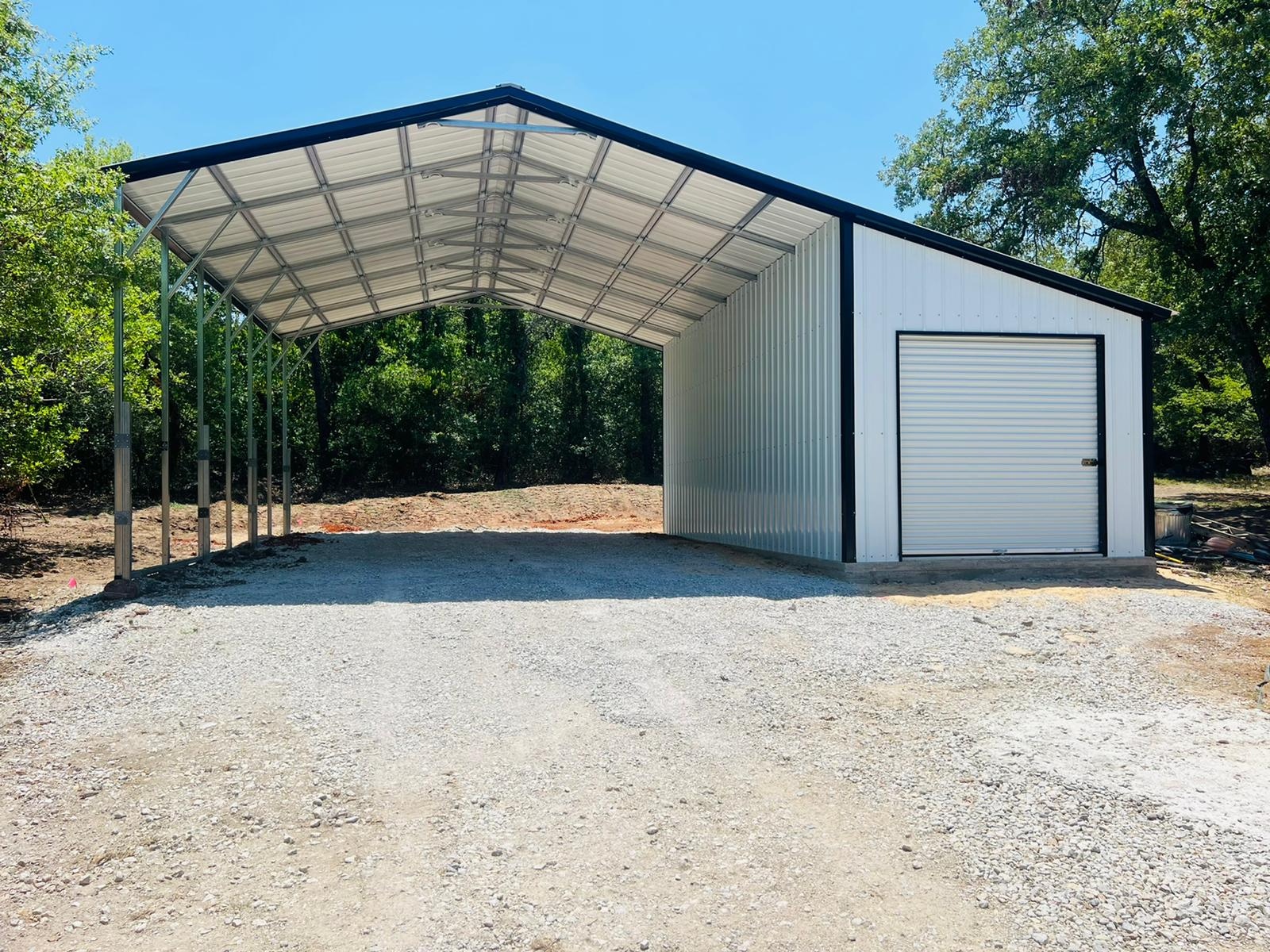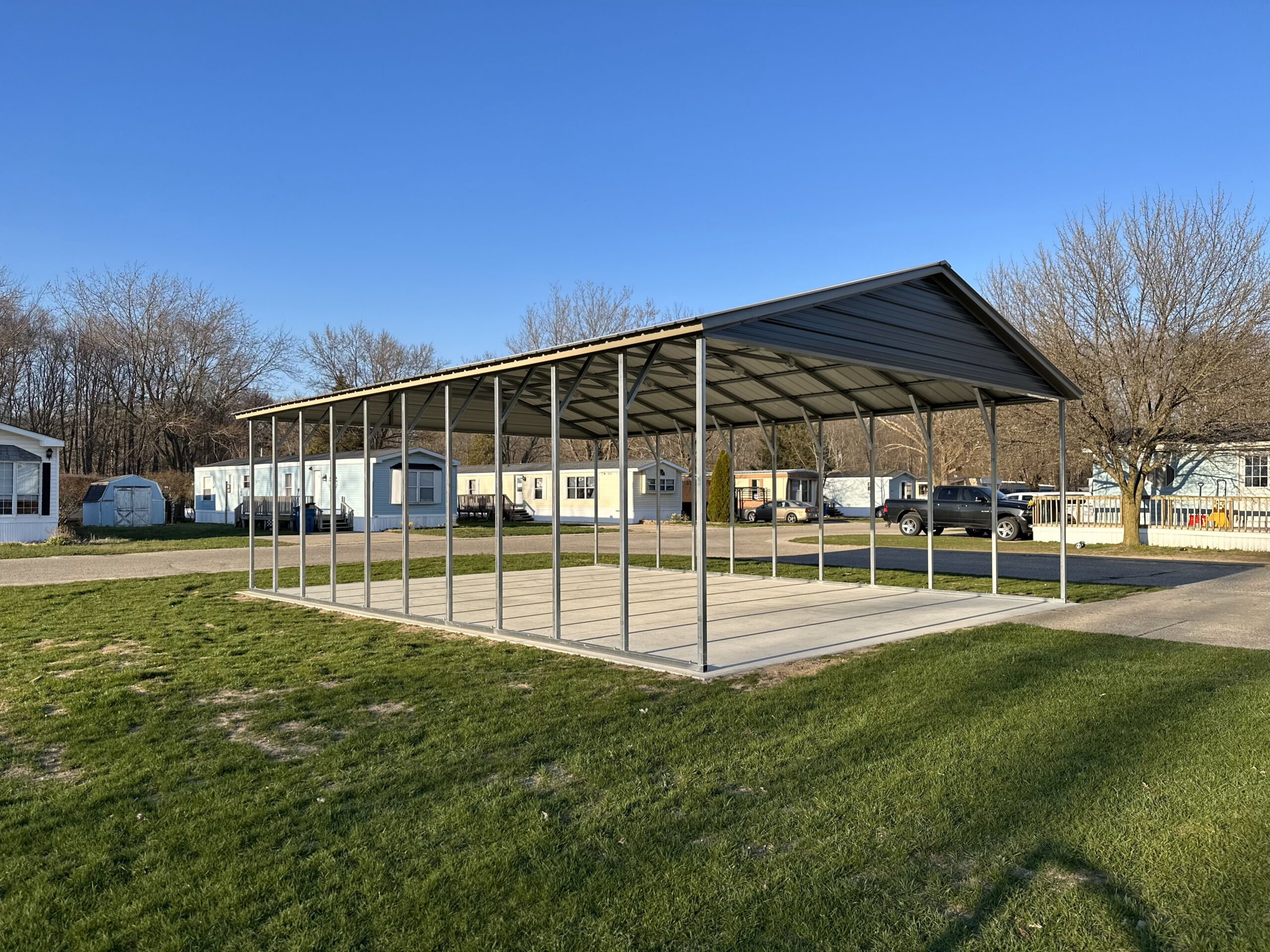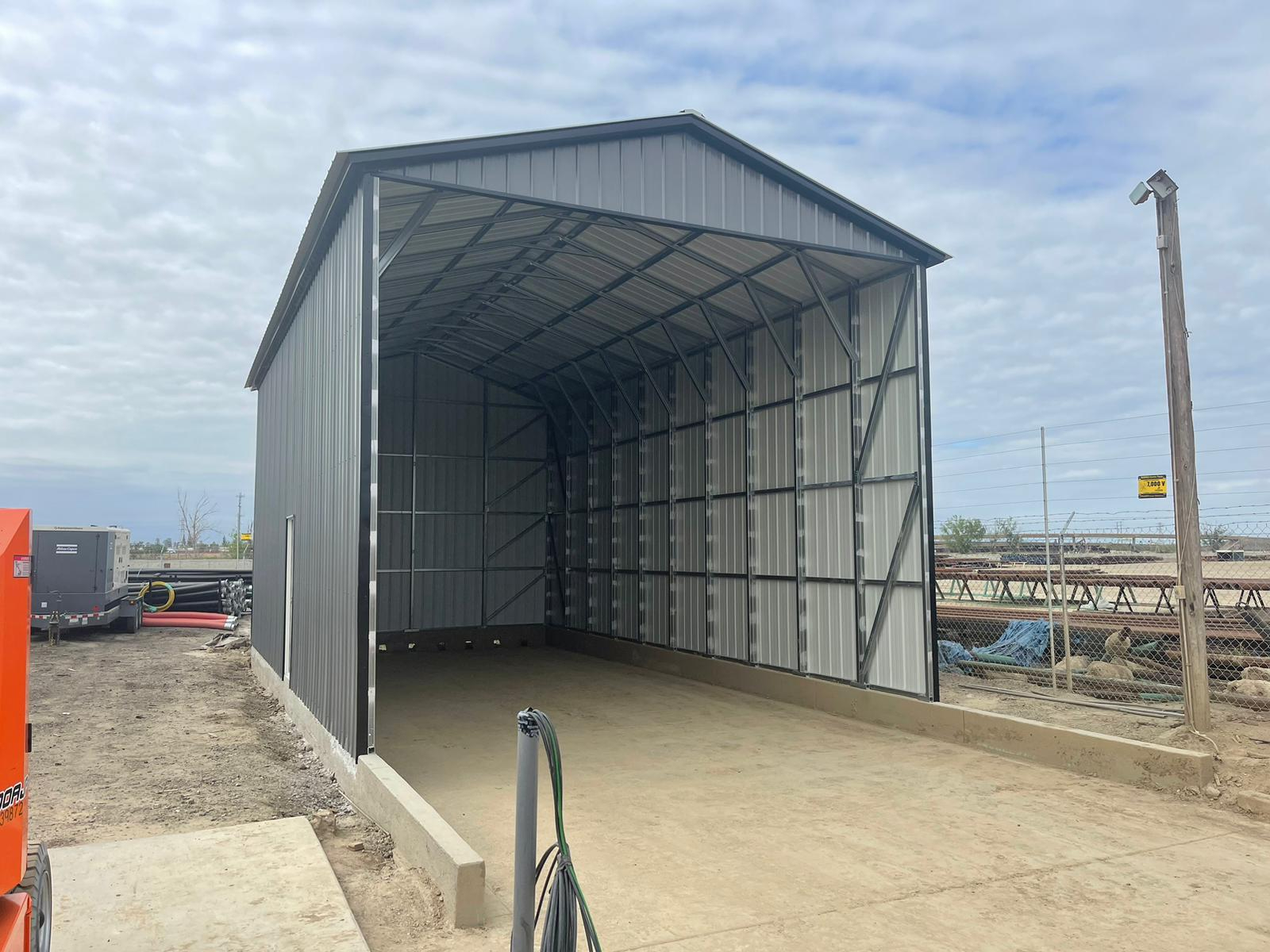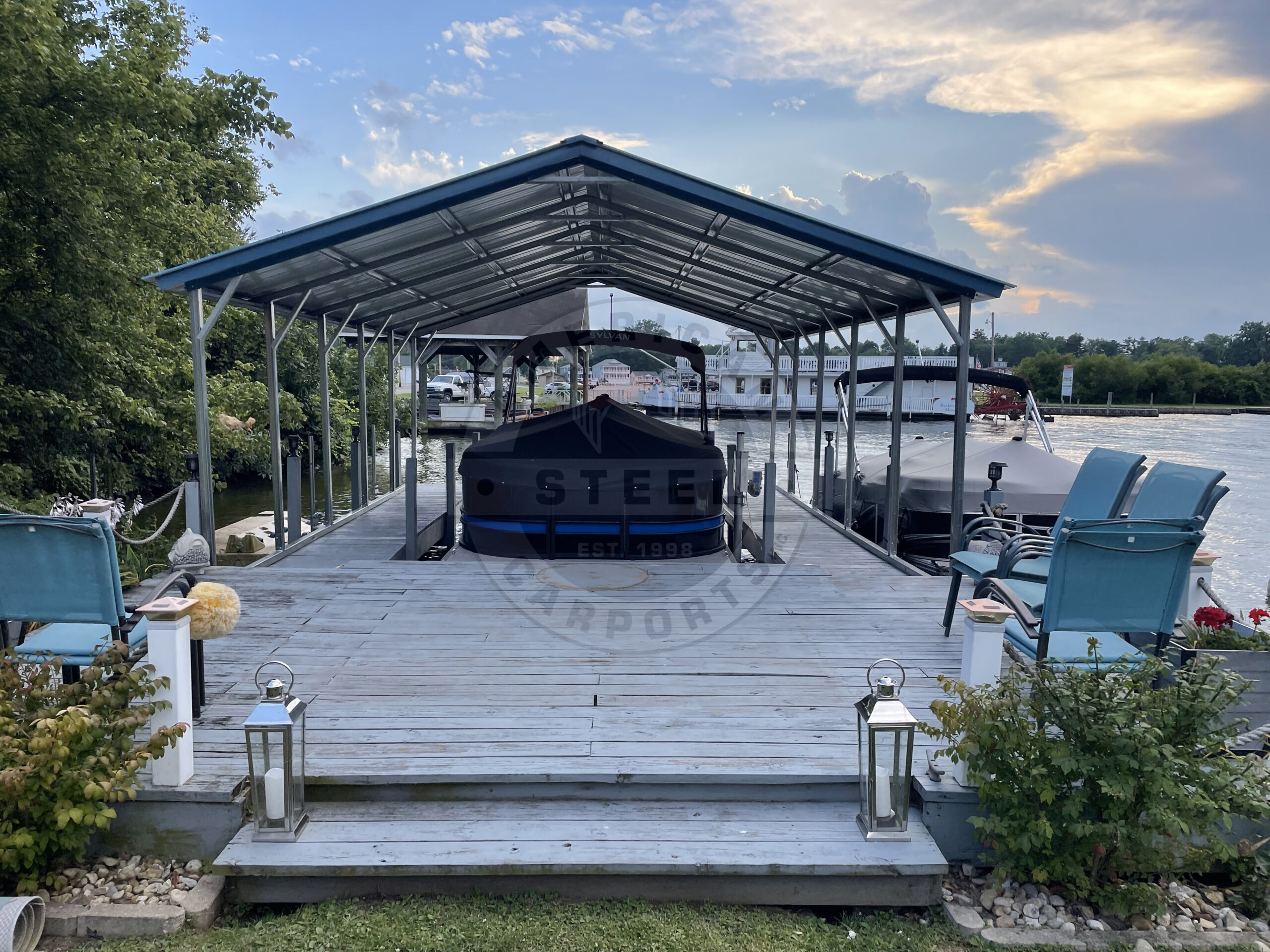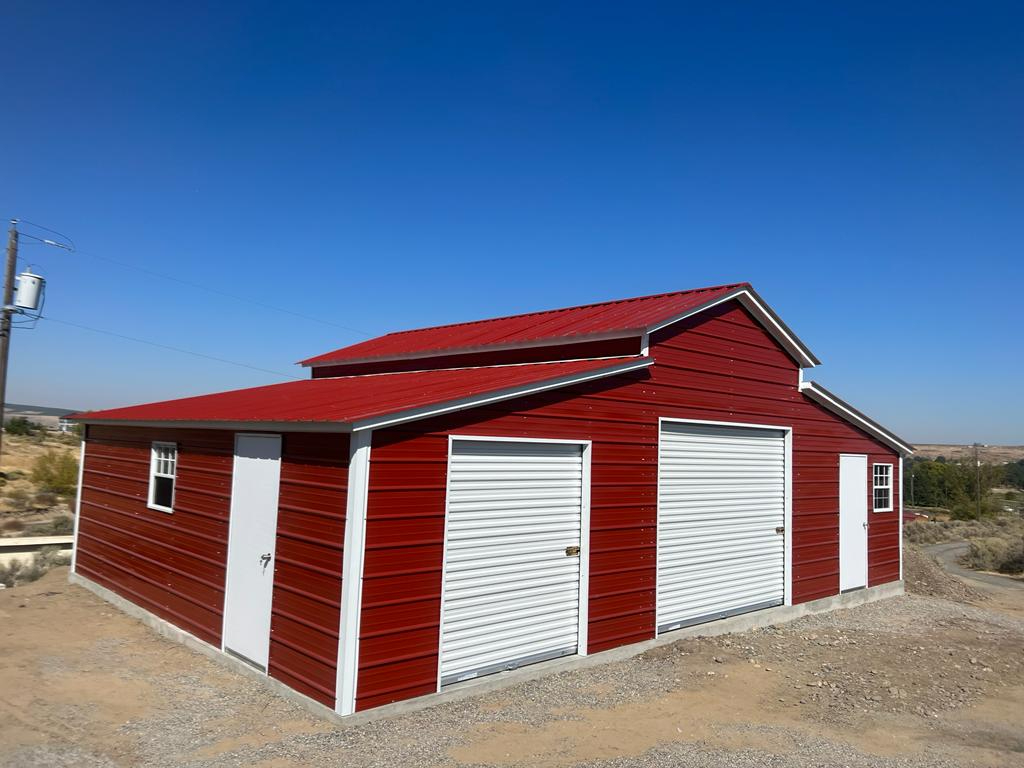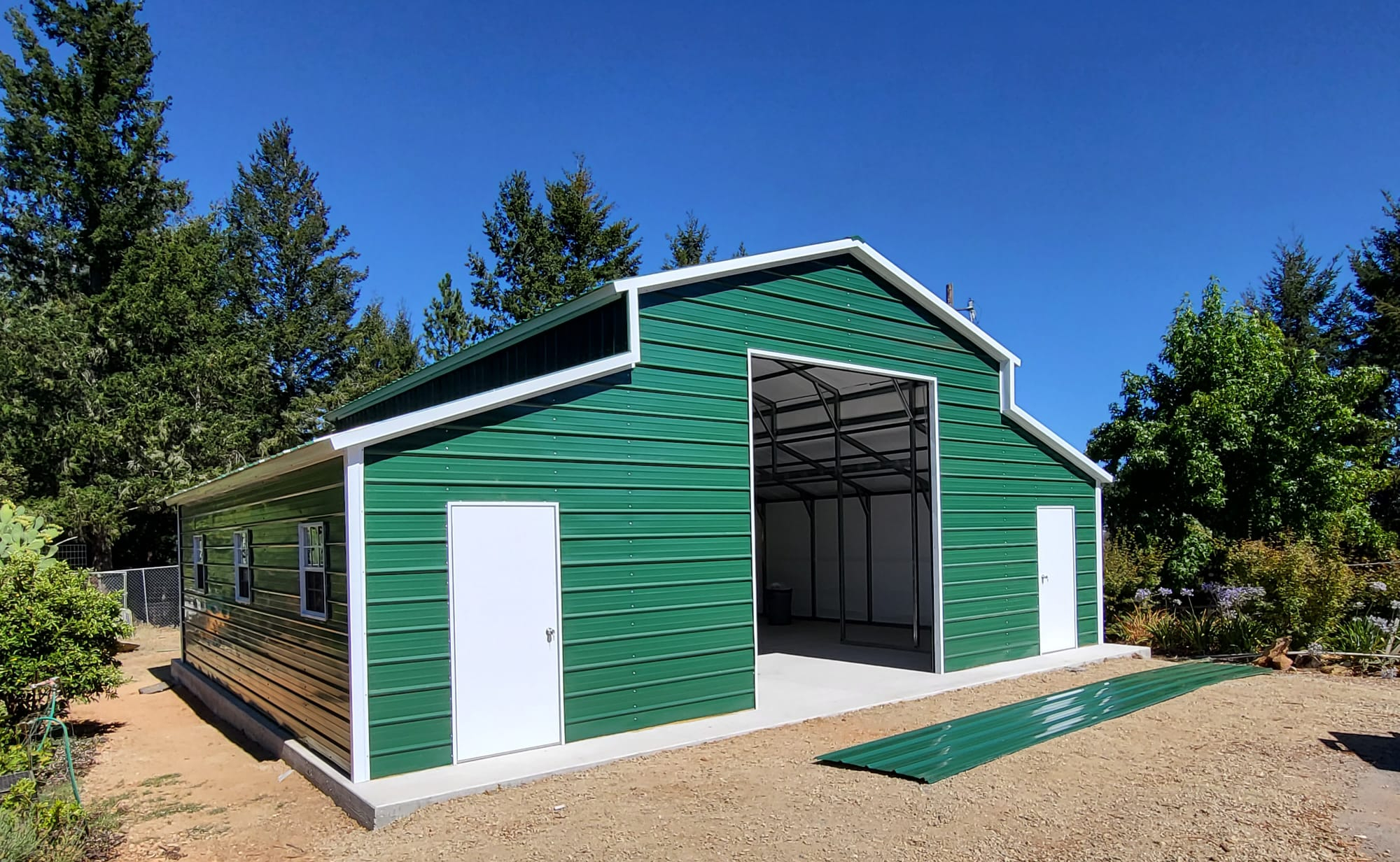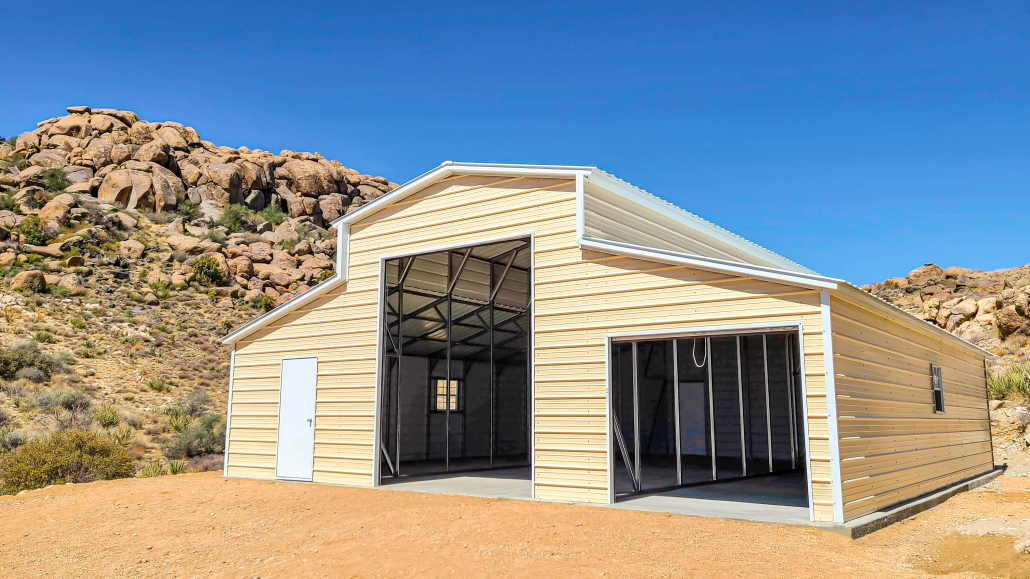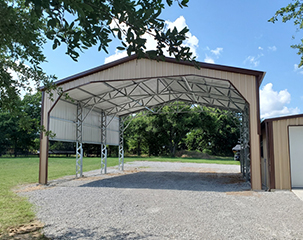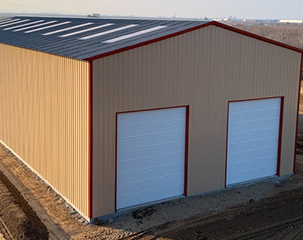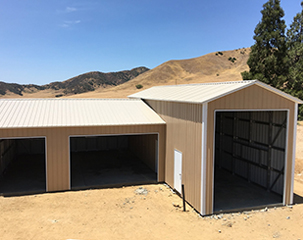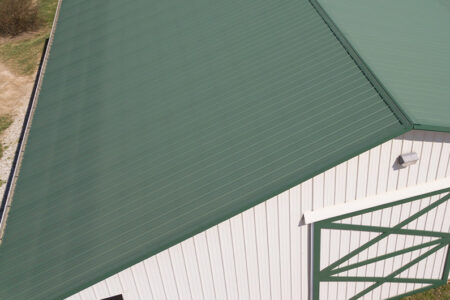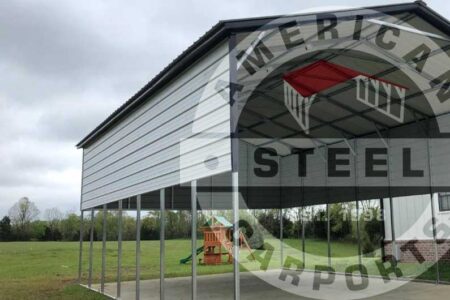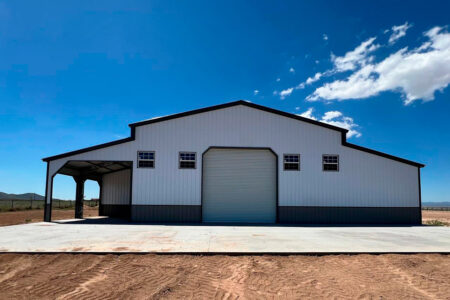Weather Delays
In this business, the longer it takes to complete a project, the more time it’ll be before the next one can get started. Setting back the completion date isn’t something most contractors want to do, but sometimes it’s inevitable. However, it is possible to plan for delays so that they’re less detrimental to the project and its timeline. Checking with your local building department or code enforcement for local codes can expedite the process too.
Setbacks are often caused by factors outside a contractor’s control. For instance, weather conditions can affect a construction timeline. Depending on the location, spring can bring rainy weather and be followed by the dry heat of summer. Fall and winter can bring cooler temperatures, snow, and ice. Each of these can be harmful to materials and machinery and can cause safety hazards to workers on site.
Any sort of outdoor work is made more difficult by rain, and rainy and wet conditions are a frequent reason for contractors to request additional time on a project. Rain can cause myriad problems for people working on construction. Mud can be not only a nuisance, but a safety hazard for anyone driving off a muddy site or for drivers who must share the road with an excessively muddy vehicle. But this can be avoided by using gravel or rock as a base and properly grading the land ahead of time.
Thunderstorms can cause even more damage to a site. And they often come with high winds that can disorganize a job site at best and destroy materials at worst. The hail that accompanies thunderstorms creates another major concern, as it has been known to dent and even break materials like sheet metal and glass.
Spring’s showers might dry up when the summer months come around, but that doesn’t mean there aren’t any more risks for the work site. Hot and dry weather brings its own set of problems. Extreme heat can cause health problems to workers, and if they seek relief by removing protections like hard hats and safety glasses, they could put themselves at risk of injury.
Autumn and winter bring cold weather that can have a negative impact as well. The equipment finance advisor noted that mortar and grout can be most affected by cold weather. When they get too cold, they cannot properly absorb moisture, and this makes them weaker and less resistant to water.
Cold weather affects workers too. They need to wear additional layers when working outdoors, and these layers restrict their movement and their ability to handle items carefully. Muscles and joints are also less flexible when cold, which could put workers at greater risk of injury.
Inclement weather can’t be avoided or prevented. In most cases, though, it can be predicted with fair accuracy. If you know that your site is at risk of any of these adverse weather conditions, take precautions to protect your equipment, materials, site, and workers
Mobile Mini also provides mobile offices. These can be used as a places for contractors to store important information about the site, or as a refuge for employees to escape the hot sun or the cold air.

